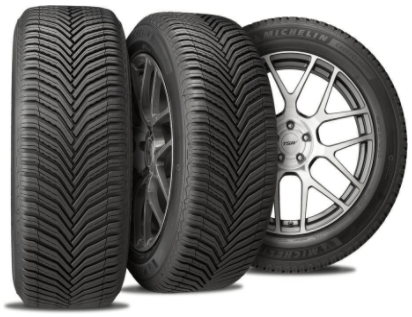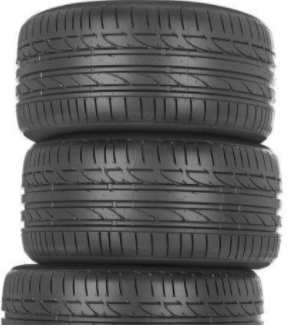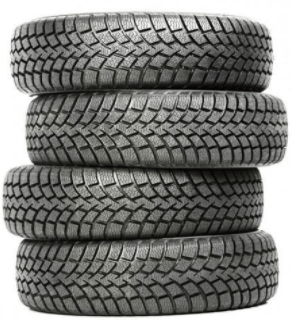If you’re in the process of searching for tires, you have likely already figured out that there are primarily three different types of tires for various seasons:
- All-season tires
- Summer tires
- Winter tires
You might be wondering about the differences between each of these tire types. In this article we will discuss the characteristics and benefits of each tire type.
All Season Tires
All-season tires are meant to be driven in any weather condition except significant snow and ice. They are considered a year round tire, which is appealing for drivers who don’t want to keep switching tire sets every season.
These types of tires are known for their long-lasting tread life. However, the long tread life does come with a slight performance trade off during extreme heat and snow. They do outperform winter tires in dry conditions, but do not perform as well as summer tires.

Summer Tires
Summer tires are a favorite among sports car enthusiasts because of the features they offer.
They tend to have block shaped tread patterns, maximizing the footprint with the road. This ensures good handling and better road gripping capability.
Characteristics such as rim diameter, tire width and aspect ratio result in increased speed and agility, as well as better braking and cornering.
Although summer tires are considered adequate for most weather conditions, they are not suitable for colder temperatures (they work best in 45°F and above temps) because they tend to get brittle and hard in the winter months.

Winter Tires
Winter tires, also known as “snow tires”, are designed to remain flexible in extremely cold temperatures, unlike all season and summer tires. It’s their unique tread patterns and deep tread depth that make them so reliable to handle water, slush and snow.
Winter tires do not perform as well in warm, dry conditions, and will likely wear very rapidly. It is recommended that you install summer or all-season tires as soon as the weather is consistently above 45 degrees.
As you can see, there are a variety of tire types available that could affect how your car handles in certain weather conditions.

If you are in the market for a new set of tires, we’d love to assist you during your tires buying process. Contact us with any questions!


